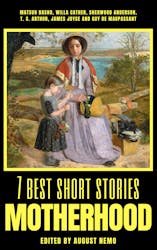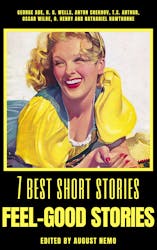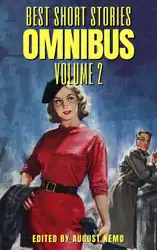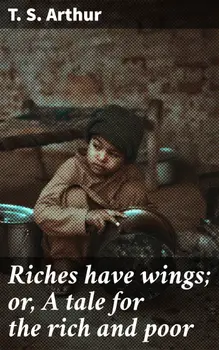In "Riches Have Wings; or, A Tale for the Rich and Poor," T. S. Arthur delves into the moral landscape of wealth and its transient nature through a compelling narrative that intertwines the lives of both affluent and destitute characters. Arthur employs a clear, straightforward prose style that allows for deep emotional resonance, reflecting the mid-19th century's social realism. This novel stands as a critique of materialism and a reminder of the ethical responsibilities that accompany financial success, echoing prevalent themes in Victorian literature regarding social class and personal integrity. T. S. Arthur, an influential figure in America'Äôs literary scene, was known for his didactic storytelling aimed at moral upliftment. Having witnessed the societal disparities of his time, Arthur's experiences and observations profoundly shaped his writing. His background in working-class culture and commitment to social reform inspired this tale, showcasing his belief in the importance of empathy and understanding across economic divides. I highly recommend "Riches Have Wings" to readers interested in classic literature that explores the complexities of wealth and morality. This thought-provoking narrative not only entertains but also challenges us to reflect on our own values in relation to wealth, making it a relevant read for contemporary audiences.

True Riches; Or, Wealth Without Wings
T. S. Arthur
book
Home Scenes and Home Influence; a series of tales and sketches
T. S. Arthur
book
Grappling with the Monster; Or, the Curse and the Cure of Strong Drink
T. S. Arthur
book
The power of kindness and other stories : A book for the example and encouragement of the young
T. S. Arthur
book
After a Shadow and Other Stories
T. S. Arthur
book
Ten Nights in a Bar Room
T. S. Arthur
book
7 best short stories by T. S. Arthur
T. S. Arthur, August Nemo
book
7 best short stories - Motherhood
Matsuo Bashō, Willa Cather, Sherwood Anderson, T. S. Arthur, James Joyce, Guy de Maupassant, August Nemo
book
7 best short stories - Feel-Good Stories
George Ade, H. G. Wells, Anton Chekhov, T. S. Arthur, Oscar Wilde, O. Henry, Nathaniel Hawthorne, August Nemo
book
Best Short Stories Omnibus - Volume 2
August Nemo, Mary Shelley, D. H. Lawrence, Ellis Parker Butler, Anthony Trollope, Zona Gale, Emma Orczy, Don Marquis, Charles W. Chesnutt, Kathleen Norris, Stanley G. Weinbaum, Honoré de Balzac, M. R. James, Banjo Paterson, Bret Harte, Henry Lawson, W. W. Jacobs, Charlotte M. Yonge, Mary E. Freeman, L. Frank Baum, O. Henry, William Dean Howells, T. S. Arthur, Sherwood Anderson, Robert Barr, Lafcadio Hearn, Giovanni Verga, Hamlin Garland, Émile Zola, Stewart Edward White, Sarah Orne Jewett, Willa Cather, George Ade, Robert W. Chambers, Bjørnstjerne Bjørnson, Ruth McEnery Stuart, Lord Dunsany, George Gissing, Théophile Gautier, Paul Heyse, Selma Lagerlöf, Thomas Burke, Edith Nesbit, Arthur Morrison, Saki (H.H. Munro), Stacy Aumonier, John Galsworthy, Ernest Bramah
book
Big Book of Best Short Stories - Volume 7
Mary E. Freeman, O. Henry, William Dean Howells, T. S. Arthur, Stephen Leacock, Sherwood Anderson, Robert Barr, Lafcadio Hearn, Giovanni Verga, Hamlin Garland, August Nemo
book
